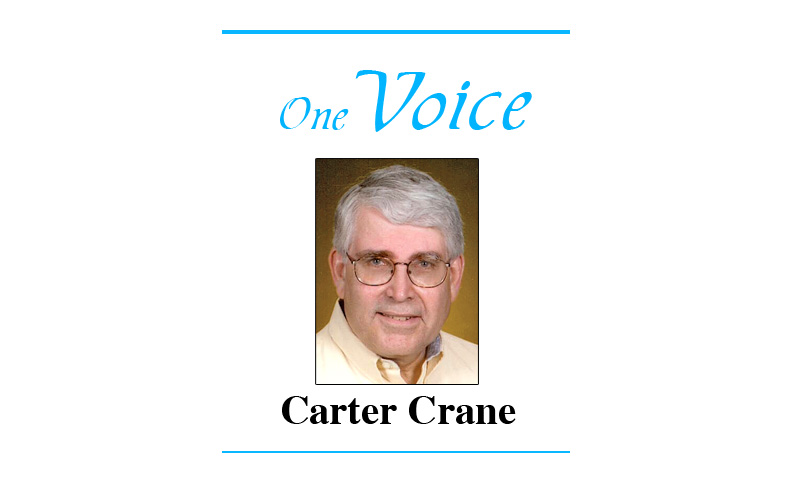
The whole world is watching.
The calamity in Ukraine, a country of 43 million population, is the subject of wrath perpetrated by Russian president/dictator Valdimir Putin. His invasion last week following the stationed military forces on the border of Ukraine and Russia for several weeks, accompanied by the false claim of purely military training maneuvers, was a surprise to few observers. How far will Putin go with his invasion, both geographically and use of weapons remains the questions.
Nuclear weapons? They exist. So does the brutality and isolation of Putin. Questions come to the surface on his mental stability. Does he feel threatened? In the corner? Isolated? Will he thrash out and use any excuse to strike greater than just conventional military weapons?
The reactions and convictions of the people of Ukraine have been remarkable. They deserve a better fate than the worst nightmare by Putin.
Who in the Kremlin, Russia’s military and government headquarters, can bring Putin into reality, whether by common sense, offers of success, or unlikely stronger measures? Putin’s history of elimination of rivals, by any means, stands in the way of negotiations.
Likely he miscalculated the world’s unified compact against his threats and military incursions and without a doubt he did not expect the resolve by those living in Ukraine.
Ukraine was once a part of the Soviet Union until the fall of the Soviet government in 1991. The restlessness of the captive citizens in the Soviet Union and its brutality, led to the breaking of Soviet power. Seventeen nations evolved from the Soviet Union such as Latvia, Lithuania, Estonia near Russia, and Poland, Hungary, and Romania, farther away from Russia. The lack of individuals’ freedom hurt the Soviet Union. The independence of the 17 countries, once part of the Soviet Union was a threat to Mr. Putin. So was the growing strength, resilience of the Ukraine residents who prospered as a middle class country rather than a collection of peasants. They did not want to go back to domination by Russia and understood their growing democracy.
We can observe the outcome of hostilities in Ukraine if Russia’s military might, without resolve of the military personnel, is too much to overcome. The United States, European nations, and other countries in alignment against Russian hostilities, can do more to assist Ukraine. Weapons, financial aid, positive encouragement, unity by the allies, all will keep the effort strong to defeat Russia. Hope is alive. A threatening and enormous truck convoy was on its way from Russia to Ukraine earlier this week. If captured, will Ukraine be a force of constant threat to Russian dominance? The whole world is watching.
• The Kiwanis Club of Aurora will resume its Pancake Day, of sorts, following a break from the annual fundraiser because of COVID-19.The caveat this year is that the previous Pancake Day will not be held at Aurora Central Catholic High School. Instead, it will be drive-thru at Aurora Central Catholic High School and held from 8 a.m. to noon. No lines waiting to find a table for the pancakes, sausage, and drinks. Instead, the lines will be in cars waiting to be served at the drive-through. Lines are a part of history of Pancake Day, which started more than 70 years ago. It is a welcome return to one of the finest annual events in Aurora.
• The Wayside Cross Ministries will hold a unique one-mile “Walk a Mile in My Shoes Saturday, March 5 to help the Elgin Wayside Center. For information call 630-723-3422, E-mail: jbeall@waysidecross.org.
• Clear and Concise, Week 9 Year 3: Words are important which we understand when we view interactions among diplomats and representatives of dissenting nations. Are statements to be believed? Did the presenters make themselves understood? Were they precise and not rambling? Did listeners truly listen and understand? Did the listener tune out expected rhetoric, or listen closely?

